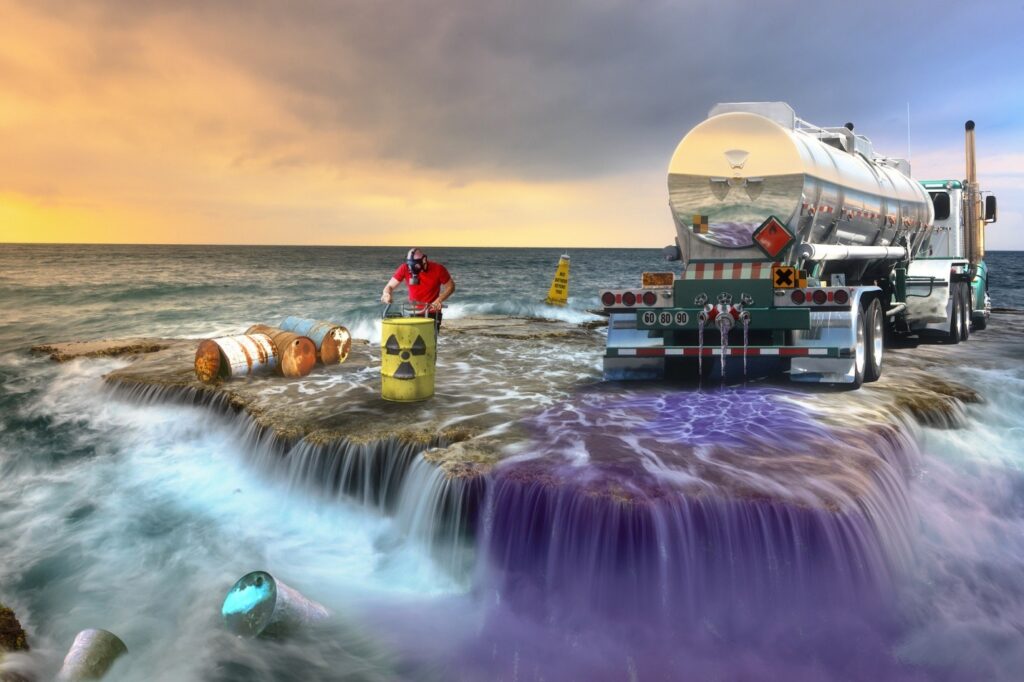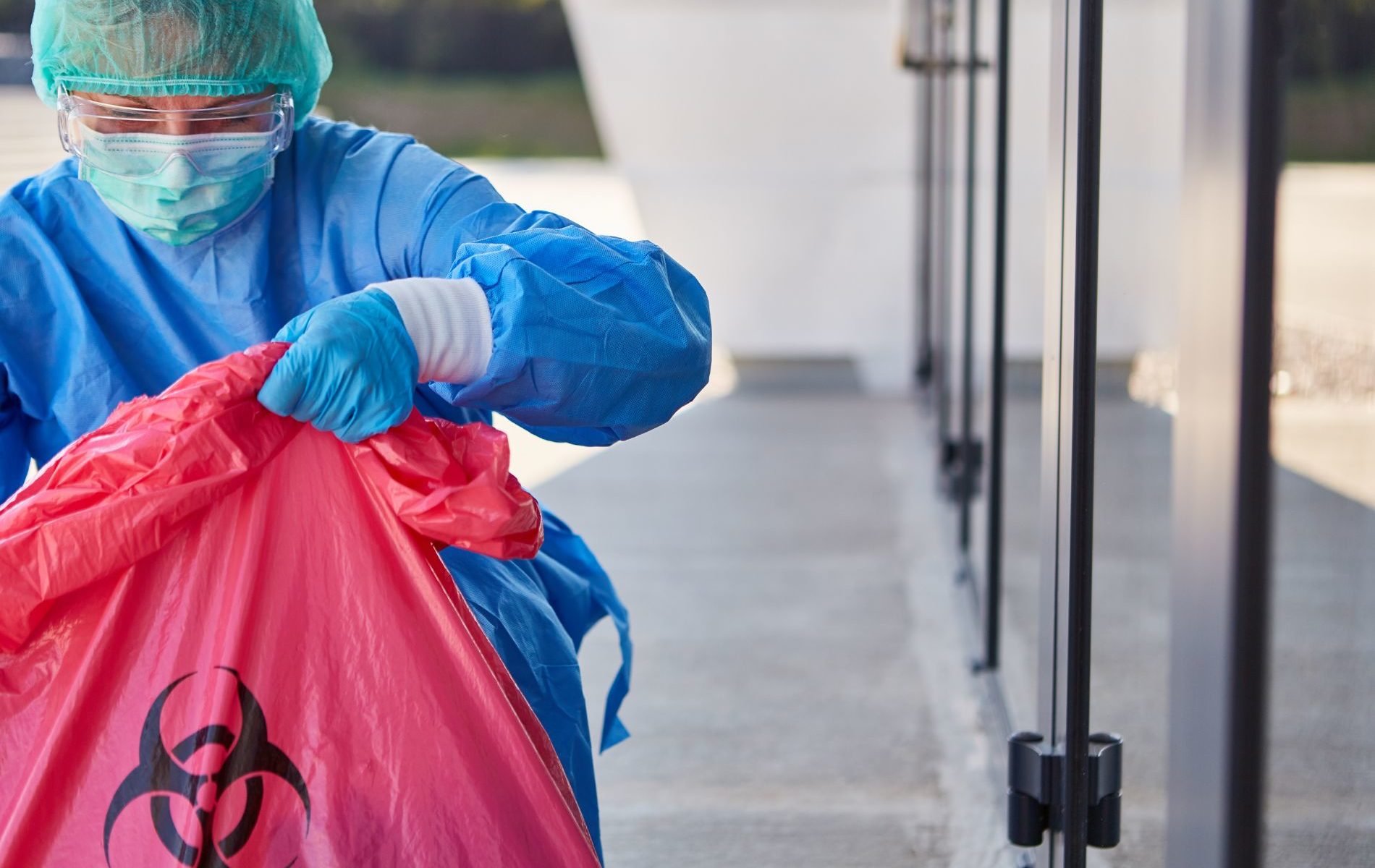Some Of Reclaim Waste
Some Of Reclaim Waste
Blog Article
About Reclaim Waste
Table of ContentsThe Best Strategy To Use For Reclaim WasteReclaim Waste Things To Know Before You BuyAll About Reclaim WasteThe Single Strategy To Use For Reclaim WasteSome Of Reclaim Waste
Residential sewage waste refers to the waste and items from a residential septic storage tank. The proper administration and disposal of residential sewage waste call for liquid waste to be moved to a sewage therapy plant where the proper approaches and equipment are used to purify and dispose of waste.
Business waste frequently consists of possible hazards, such as flammable products or a mixture of liquid and solid waste items, and calls for an extra advanced and thorough disposal procedure. The disposal of commercial waste commonly involves the filtering of waste prior to transport to ensure safe and appropriate disposal. Hazardous waste is created from byproducts and overflow of commercial procedures and production.
This kind of waste can not make use of the very same sewer management transportation or processes as septic or industrial liquids. The hazardous waste administration procedure calls for the examination and testing of liquid waste before it undergoes the disposal process (industrial wastewater treatment). Runoff waste is the liquid waste that comes from runoff and excess stormwater in highly populated areas or cities
Runoff waste can cause contamination and flooding if not taken care of properly. Ensuring correct waste administration can avoid disasters and reduce ecological damage.
The Reclaim Waste Diaries
Get in touch with PROS Providers today to find out about our waste administration and disposal services and the appropriate ways to take care of the fluid waste you create.
(https://reclaim-waste-f27e88.webflow.io/)Do you know what happens to your water when you disengage, flush the toilet or drain pipes the washing device? No? Well, it's worth knowing. This so-called 'wastewater' is not just an important source yet, after treatment, will certainly be launched to our land, rivers or the ocean. Utilized water from toilets, showers, bathrooms, cooking area sinks, washings and commercial processes is recognized as wastewater.

water utilized to cool down machinery or tidy plant and equipment). Stormwater, a kind of wastewater, is drainage that flows from farming and city areas such as roofings, parks, yards, roads, courses and rain gutters into stormwater drains, after rain. Stormwater streams neglected straight to local creeks or rivers, ultimately getting to the ocean.
Reclaim Waste Fundamentals Explained
In Queensland, the majority of wastewater is treated at sewage treatment plants. Wastewater is delivered from residential or commercial sites through a system of sewage systems and pump stations, understood as sewerage reticulation, to a sewer treatment plant. City governments develop, preserve and operate most sewage treatment plants. Operators are certified under the Environmental Management Act 1994 to discharge treated wastewater at an acceptable environmental requirement into rivers.
The Division of Natural Resources encourages regional governments regarding managing, operating and preserving sewerage systems and treatment plants. In unsewered areas, regional governments might require owners to set up private or home sewer therapy systems to treat domestic wastewater from commodes, kitchen areas, washrooms and laundries. The Division of Natural Resources authorises the use of family systems when they are verified to be effective.
Most stormwater obtains no therapy. In some new subdivisions, therapy of some stormwater to remove clutter, sand and crushed rock has started utilizing gross pollutant catches. Wastewater therapy happens in four phases: Eliminates strong matter. Bigger solids, such as plastics and other objects mistakenly discharged to sewage systems, are eliminated when wastewater is travelled through displays.
Uses small living microorganisms YOURURL.com recognizes as micro-organisms to break down and get rid of continuing to be liquified wastes and fine bits. Micro-organisms and wastes are included in the sludge.
Fascination About Reclaim Waste
Nutrient elimination is not available at all sewage therapy plants due to the fact that it calls for pricey specialist devices. Clear liquid effluent produced after therapy might still include disease-causing micro-organisms - industrial wastewater treatment.

A lot of wastewater flows right into the sewerage system. Under the Act, neighborhood governments carry out approvals and permits for environmentally relevant tasks (ERAs) entailing wastewater launches that might have a regional effect.
Things about Reclaim Waste
Surveillance offers accurate info concerning water top quality and can validate that permit problems are being fulfilled. The details gotten via surveillance gives the basis for making water high quality choices.
Report this page